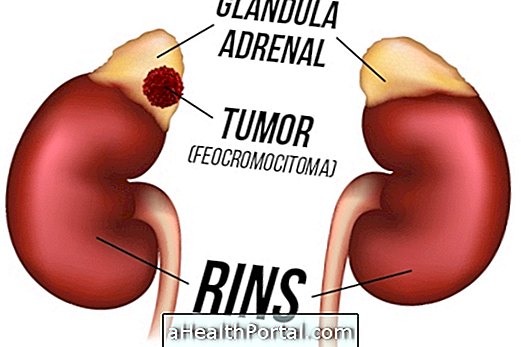The chronic fatigue syndrome is a health problem that causes the development of extreme fatigue without the existence of a disease that can justify this symptom.
Chronic fatigue syndrome usually worsens after physical or mental exercise, but it does not improve with rest and may therefore be related to psychological problems, such as excessive stress or depression, for example.
The chronic fatigue syndrome has no cure, as the specific cause of the problem has not yet been discovered. However, the symptoms of the syndrome can be alleviated with the use of some remedies and psychotherapy.
Treatment for chronic fatigue syndrome
Treatment for chronic fatigue syndrome should be guided by an interdisciplinary team consisting of a general practitioner, an orthopedist and a psychologist, and is usually done with:
- Antidepressant medicines, such as Fluoxetine or Sertraline: reduce the symptoms of patients' anxieties, favoring improvement of symptoms;
- Sleep remedies, such as Diazepam or Flurozepam: help treat difficulty falling asleep frequently in patients with chronic fatigue syndrome;
- Analgesics such as Acetaminophen or Aspirin relieve muscle pain and headaches.
In addition, it is also recommended to do psychotherapy to identify the best strategies to identify the limitations created by the syndrome and to avoid or relieve symptoms more easily without having to take medication.
However, the treatment for chronic fatigue syndrome is very complex and should therefore always be discussed between the patient and the various physicians involved in the treatment.
Exams for Chronic Fatigue Syndrome
There is no specific examination to make the diagnosis of chronic fatigue syndrome, because its symptoms may indicate for other problems, such as sleep disorders, anemia or depression, for example.
Thus, when it is not possible to identify a specific cause, the doctor will diagnose the syndrome if there is fatigue for more than 6 months and other symptoms such as:
- Loss of memory and concentration difficulties;
- Inflamed throat often;
- Swollen tongues in the neck or armpits;
- Persistent muscle pain;
- Joint pain;
- Frequent headaches;
- A little restful sleep.
In this way, the doctor can do several types of tests to rule out the different hypotheses of diseases that can cause the onset of these symptoms.























